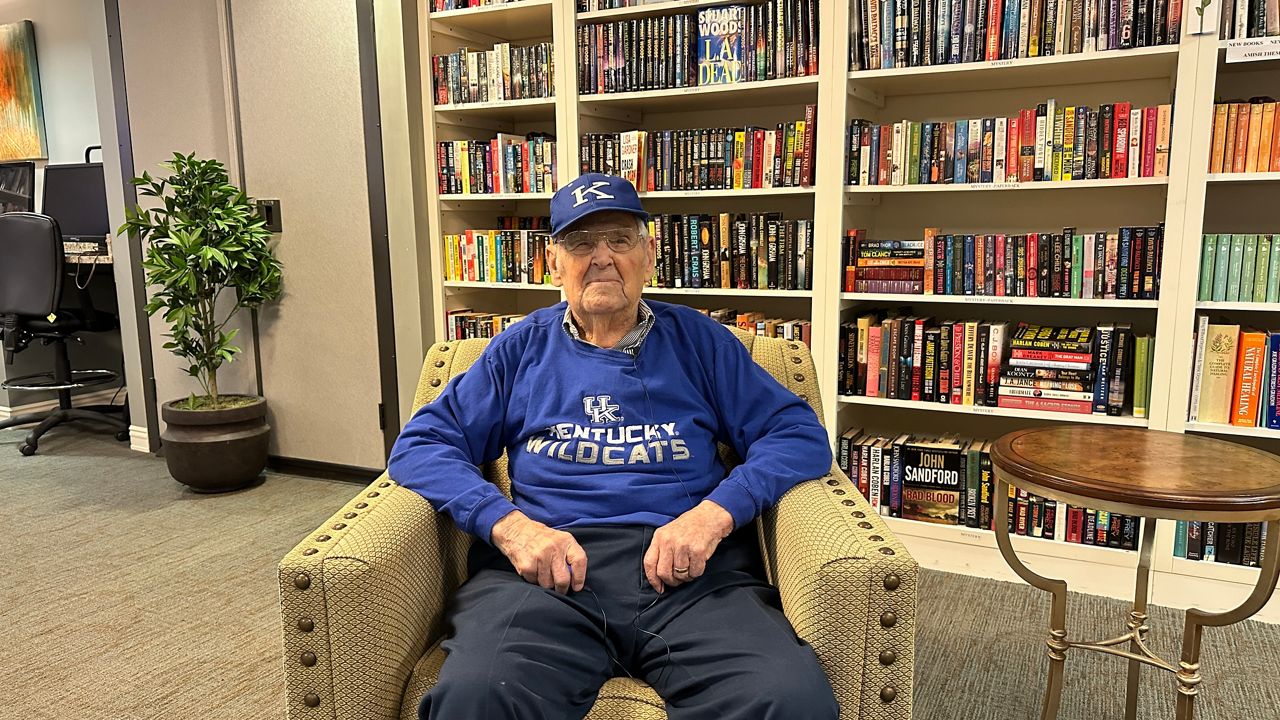Correction: A previous version of this story misspelled Crystal Begley's name. The error has been corrected. (Oct. 25, 2023)
LEXINGTON, Ky. — Lexington nonprofit, Opportunity for Work and Learning brings career readying factors to groups with a reduced chance of employment because of a disability.
Before Crystal Begley started as a retailer at Roses in Lexington, she spent years working at local factories. It’s been almost a decade since she left after experiencing trauma in her life.
“I went to the doctor and I had like an ear infection and they drained it and stuff and I thought that’s what it was but then it got worse and it got so bad I couldn’t tell the difference between reality and hallucination,” Begley said.
She was diagnosed with schizophrenia, a mental health disorder affecting thoughts, mood and behavior patterns. The National Institute of Mental Health says risk factors for developing the illness can be both genetic and environmental.
Begley says her life shifted, but maintained she had intentions to get back work whenever she was physically and mentally prepared.
That’s how Opportunity for Work and Learning (OWL) helped her back on her feet after vocational rehab.
The organization is filled with long-time staff members dedicated to making possibilities for financial stability for numerous individuals.
“Interviews, doing online applications, get back into the workforce by working there,” Begley explained. “You know, building up my stamina.”
The group started with parents establishing job opportunities for the visually impaired in 1961 and expanded focus on career readiness for individuals with a physical or mental disabilities or factor that affect their employability.
Begley says during her eight months of being hands on with their program, it helped her change her fears into motivation.
“I was scared of going back into the workforce and they gave me the confidence to do it. If it weren’t for them, I don’t think I’d be back to work now,” she said.
Begley says her next step is to become a peer mentor with a participation station, which is a local peer-operated group that helps people dealing with severe mental illnesses.










